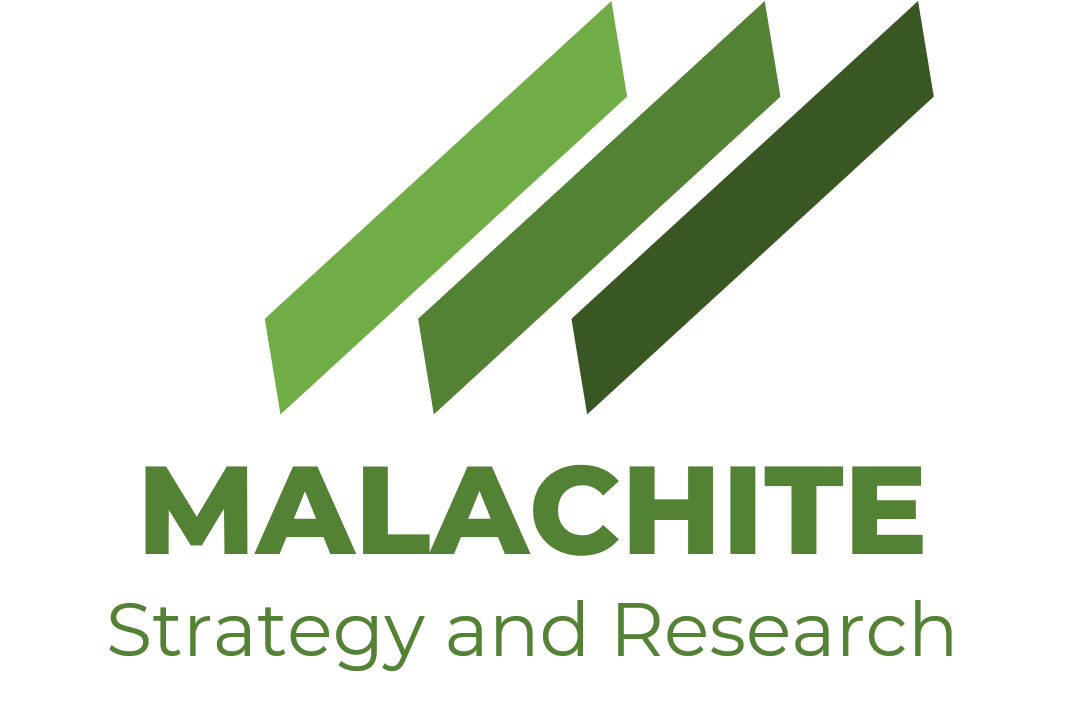The New Organic
Render, a Berkley, CA-based startup, debuted a new line of beverages at the Winter Fancy Food Show. Touting themselves as a “chef-to-shelf” food company, Render created two beverages (Weyla and Bryner) made from the leftover whey and pickle brines common in restaurant kitchens. Similarly, the company’s other product—State Bird Crunch—was inspired by leftover quinoa from a restaurant’s night of service.
So What? When I moved to Seattle a few years ago, one thing that surprised me was the rigorous recycling efforts common throughout the city. While other towns may be seen as progressive if they have three bins for separating refuse into appropriate categories, it’s not uncommon in Seattle to see five or more bins when you get to the trash. Containers stating compostable, paper, glass, mixed plastic and landfill are the norm, but I’ve also seen bins sub-segmenting each of these categories even further (e.g. clear glass and colored glass, PET plastic and HDPE plastic, etc.). Therefore, imagine my surprise the first time I hauled all of my multiple bins to the curb and ran into my new neighbor. “Excuse me,” I began and introduced myself,” do you happen to know if these Costco plastic apple packages should be in this bin or this bin? It’s not very clear.” “It doesn’t matter,” my neighbor replied, “it all goes in the same place anyway—the landfill.”
While that might seem like an isolated comment from a disgruntled individual, you might be surprised to learn that it isn’t an uncommon sentiment. A 2016 survey by Keep America Beautiful found that 33% of Americans are skeptical that the material they put on their curb actually gets recycled, with Millennials the most skeptical at 43%.
For a population that is getting more concerned about the state of the environment, this doesn’t bode well from a trust perspective. Therefore, is an upcycled product like Render’s a good one? I think so, here’s why:
Consumers are still looking for their food choices to “do good” from an environmental and social sense, however the commercialization of causes and the abuse of so-called “slacktivism” (where companies say they will donate on a consumer’s behalf) have taken their toll on consumer trust. Case in point: organic labeling. A 2017 Mintel report found that only 26% of American consumers say they trust that organic food labels are telling the truth (just 26%!). It appears that the ubiquity of “natural” and “organic” labels on everything from candy bars to soft drinks and everywhere from grocery stores to gas stations, may have caused some consumers to call BS on the whole thing.
But I think upcycling is different. Upcycling is activism for the “fake news” generation. Unlike organic or natural claims (where the evidence is in “invisible” pesticide residue) or pay-it-forward products like TOMS shoes (where the after-the-fact giving is difficult to track down), with upcycled products the “good” is in the product! Producers aren’t saying buy our product and we’ll recycle the whey from our cheese, they are putting the whey in the beverage you’re drinking. This tangibility turns a potentially dubious proactive action from the company (“we promise”) into a more believable reactive action by the consumer (“I’ll pay you to continue”). Plus, consumers understand the win-win aspect of upcycling for a company’s bottom line, making its long-term feasibility much easier to swallow.
My recommendation: start looking at your waste stream and give serious consideration to how you might convert aspects of it into consumer-facing evidence of upcycling. While it might not have the health or nutritional halo of natural or organic, I believe upcycled ingredients are a solid trustmark in a skeptical landscape.
